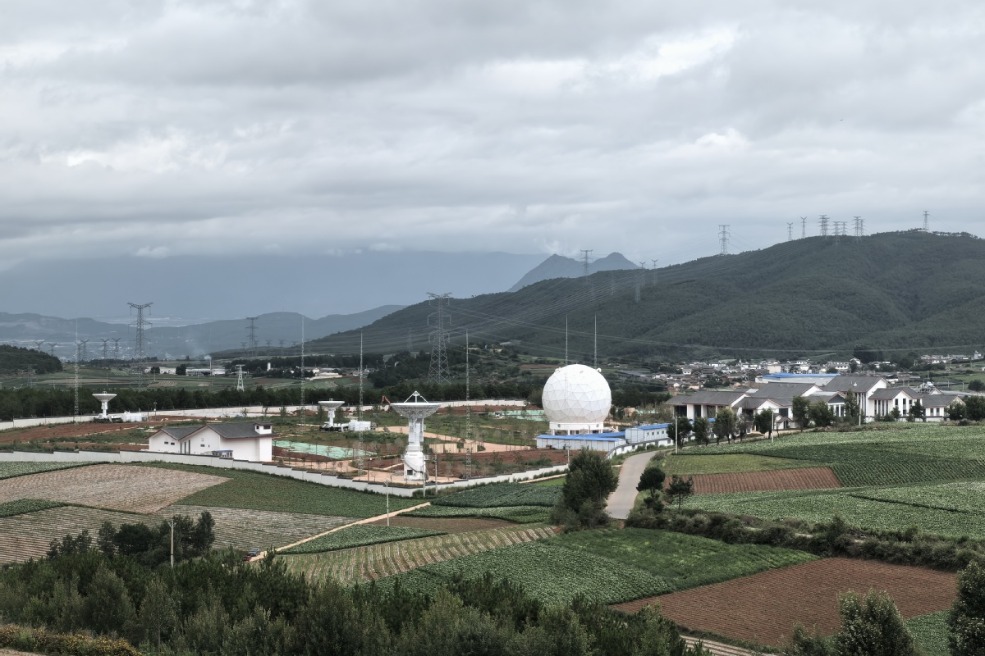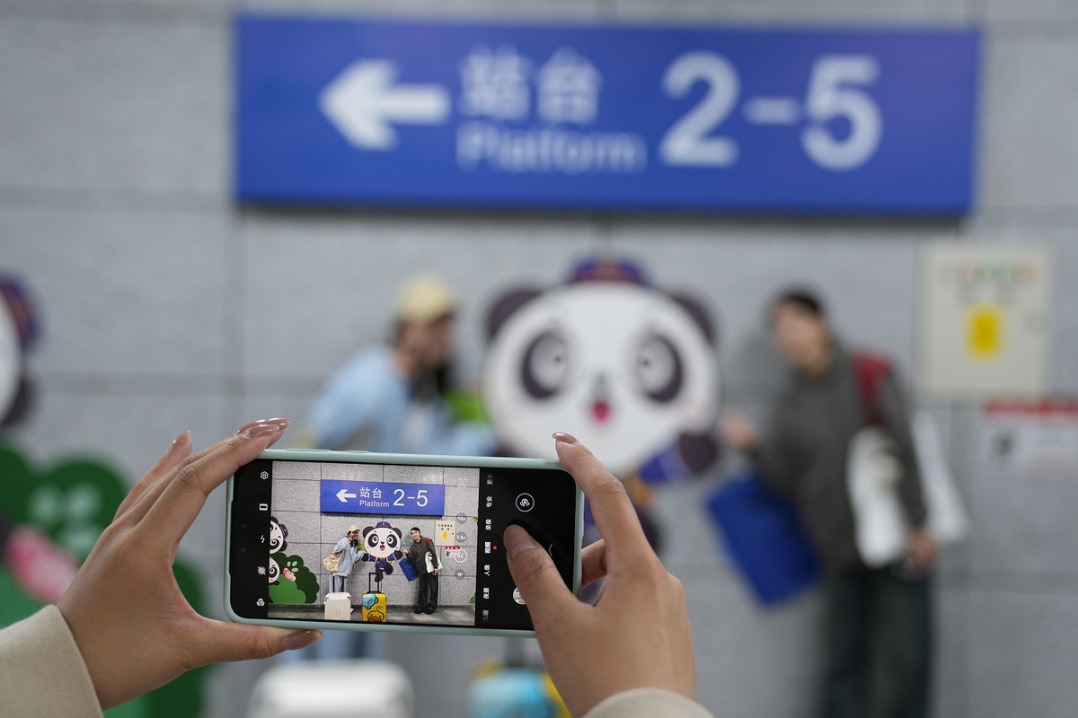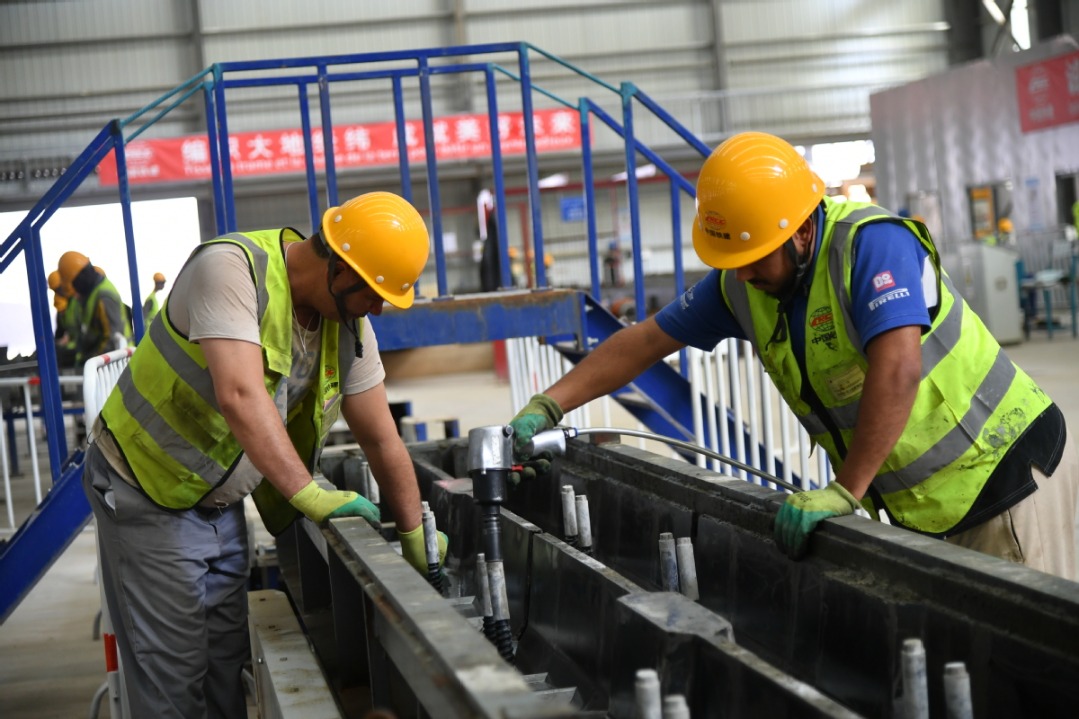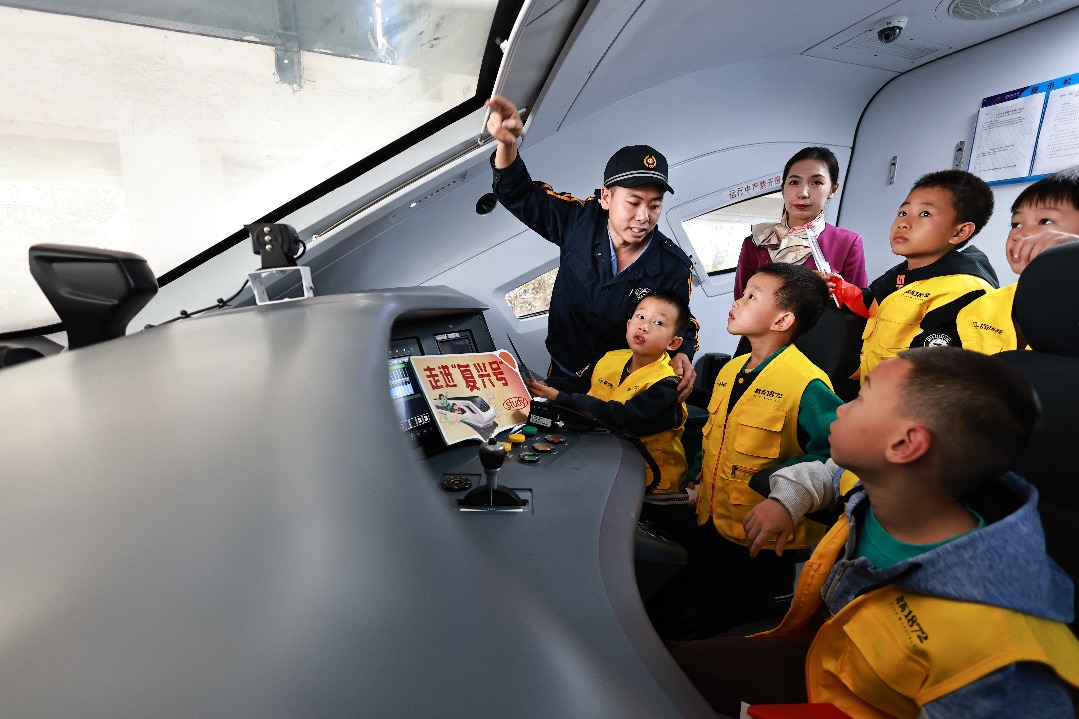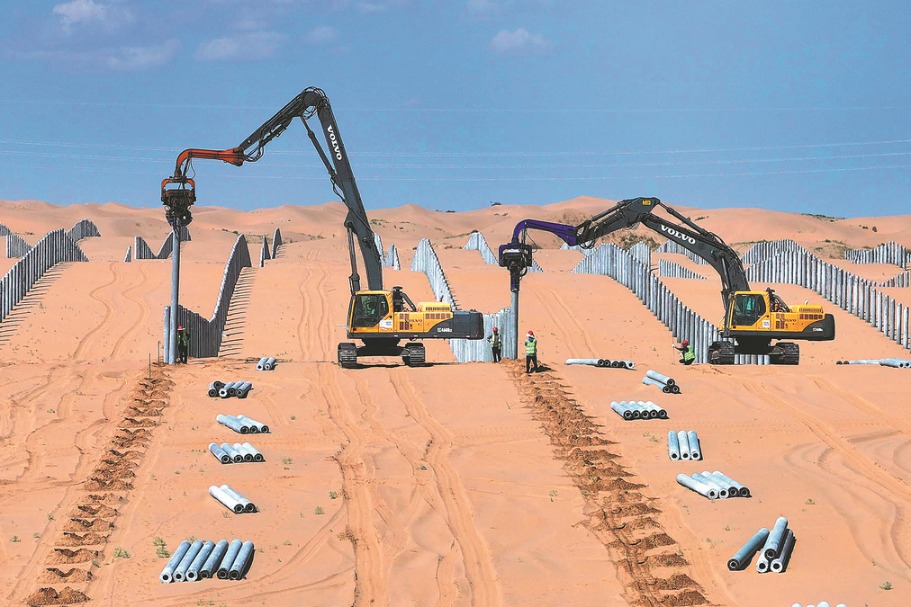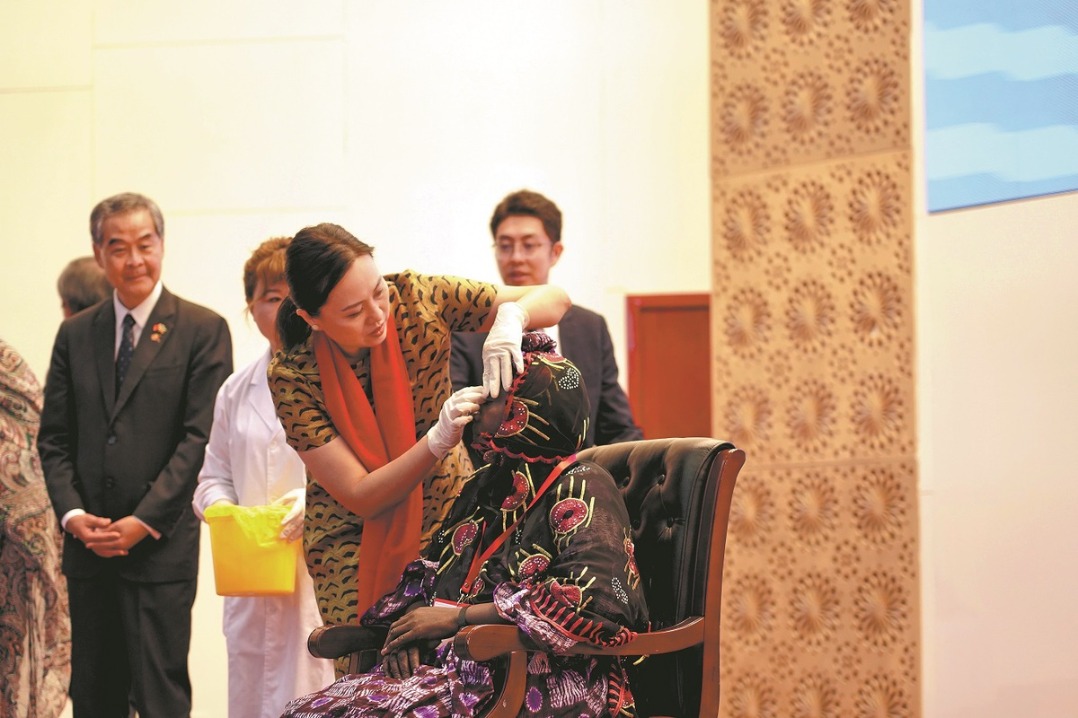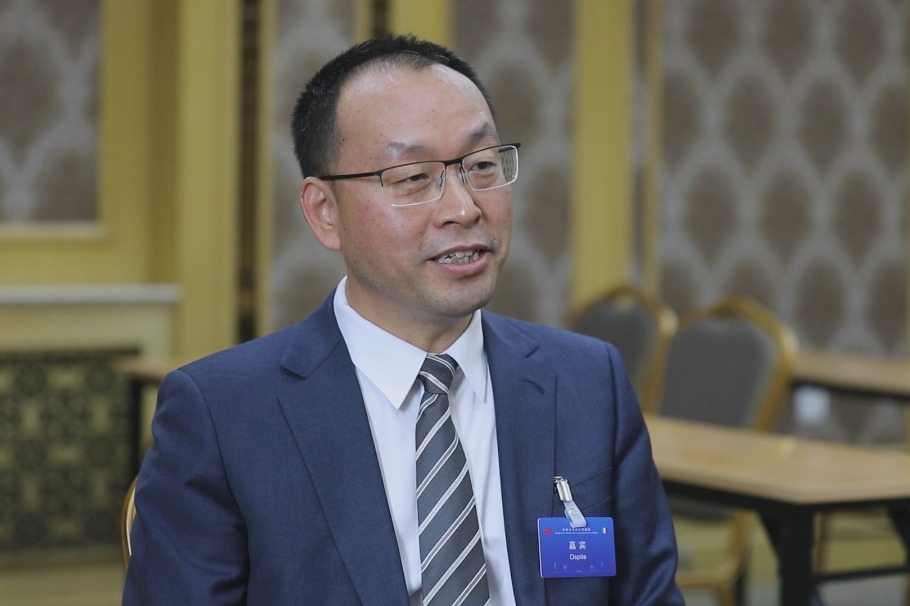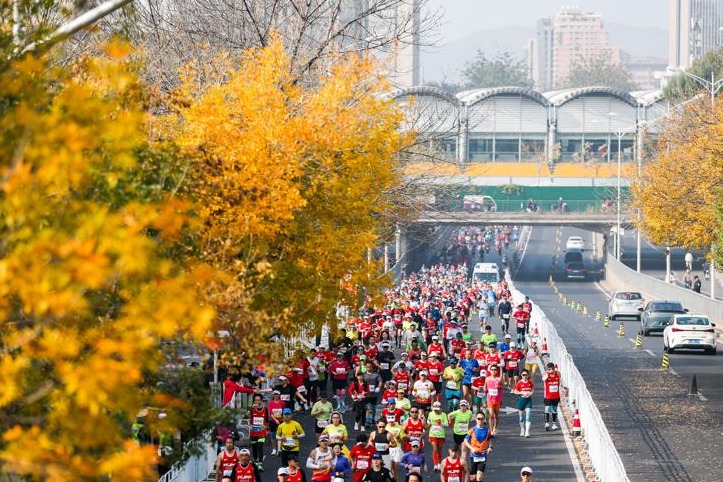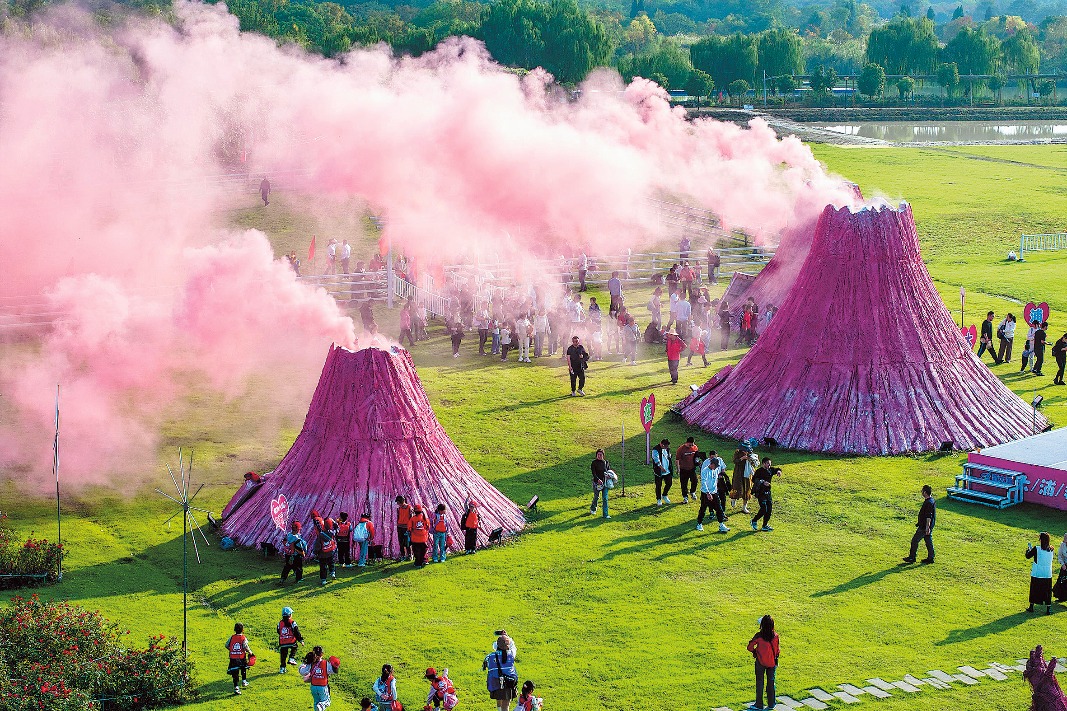Rules focus on homeowners who rent to tourists

Beijing will introduce a new tourism regulation on Aug 1 to improve operation and management of private accommodations rented to tourists, or minsu, and better govern day trips, the city government announced over the weekend.
The regulation "tackles the key issues of the industry by dividing responsibilities among different government departments for better supervision", said Song Yu, head of the Beijing Commission of Tourism Development.
"It also supplements the China Tourism Law, offering more details without repeating content of the law."
As independent traveling has become more popular in the internet era, minsu have grown in popularity, with boutique hotels and homestays offering tourists the opportunity to experience local lifestyles.
The new regulation clarifies the definition of minsu as "accommodation offered by residents who own or have rights to use the property offered to guests".
The regulation states that the city and district governments should guide the development of minsu and encourage the development in suburban areas. The governments should strengthen environmental protection in rural areas and improve infrastructure such as parking and toilets, it states.
"The new regulation encourages people to better operate minsu and serve their guests," said Cui Zhaohai, 29, who opened a minsu in downtown Beijing two years ago.
He said he achieved a sense of accomplishment by renovating an old courtyard dwelling into a well-decorated minsu, protecting the old architecture.
Cui said compared with hotels, the locations and decor of minsu are more diverse, and they offer more unique services, with the operators keen to help guests. Tourists often bring their own local specialties from their hometown to share with others, he added.
Chen Xiao, 30, an office worker from Beijing, who once stayed in a minsu in Lijiang, Yunnan province, said: "The operators are often friendly and you can chat with other tourists to gather travel tips and information about the local lifestyle. It's also convenient to find people who want to car pool or travel together to cut costs."
Wang Hongjian, an official from Beijing government's law department, said: "Operators must get a legal permit, with basic conditions including having firefighting equipment and meeting public hygiene standards. They should standardize management, such as protecting tourists' privacy and adopting fair trade methods."
The new regulation also clarifies the definition of day trips in Beijing and addresses illegal activities such as forcing tourists to shop. It states that shopping during trips should be managed properly, with the city and district governments shouldering their responsibilities.
According to Wang, the city government should release more-detailed regulations about minsu in Beijing's urban and rural areas no later than Aug 1, 2018. Government departments including tourism, public security and environmental protection should each attend to their own duties and tighten supervision on the operation of minsu, he said.
"The detailed regulations will ensure the legality of minsu and satisfy the demands of tourists who want to enjoy leisure activities and sightseeing."
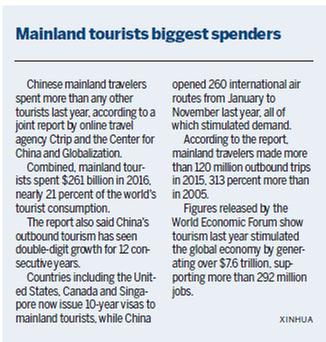
- Nation's space shuttle set to improve efficiency, cut costs
- China's new Preschool Education Law defines types of bans on individuals
- Heavy snowfall hits northern Xinjiang, fog and smog sweep north-central regions
- Eggs from Ningxia make fast, cool trip to Hong Kong
- Cultural tourism blooms in Greater Huangshan Region
- China's large neutrino observatory nears completion
















